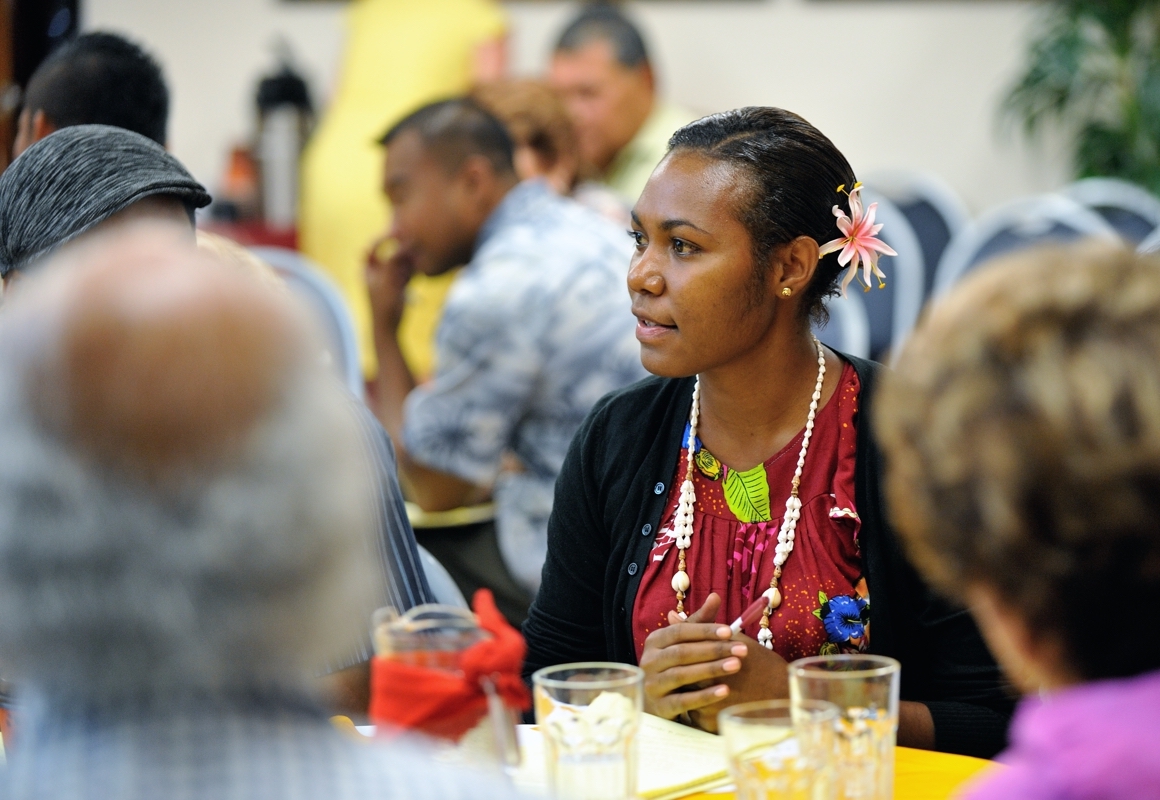Reflection: Servant Leaders as Change Agents
Beth Snodderly is a past president of William Carey International University and is the editor for both the William Carey International Development Journal and the Ralph D. Winter Research Center. She holds the degree of Doctor of Literature and Philosophy in New Testament from the University of South Africa.
WCIU Journal: Leadership Topic
July 5, 2017
by Beth Snodderly
This Reflection is part of the Scripture as International Development series.
I did a word study a couple of years ago on the words used for “servant” in the New Testament. One of those words, therapon, is used only once in the New Testament, and is applied to Moses. But this word is used quite a few times in the Septuagint, the Greek translation of the Old Testament, also speaking of Moses.
Moses was called:
• a servant-therapist (Greek: therapon; Numbers 12:7, 8; Hebrews 3:5)
• a nursing father (see Numbers 11:12) (but he didn’t like this role of being nurse to a new-born, fussy nation!)
• meek beyond anyone else (Numbers 12:3)
Moses’ life illustrates the Beatitude, “Blessed are the meek, for they shall inherit the land” (Matthew 5:5).
Even as a meek servant, Moses became a political leader, guiding a new-born nation toward the land God promised to give them. In this leadership role he had to be a nursing father and a servant-therapist, dealing with a bunch of complaining, disorganized slaves to bring them up out of chaos and darkness. He was a change agent. He was faithful (Hebrews 3:5).
These are the qualities I would look for in a servant leader today.


